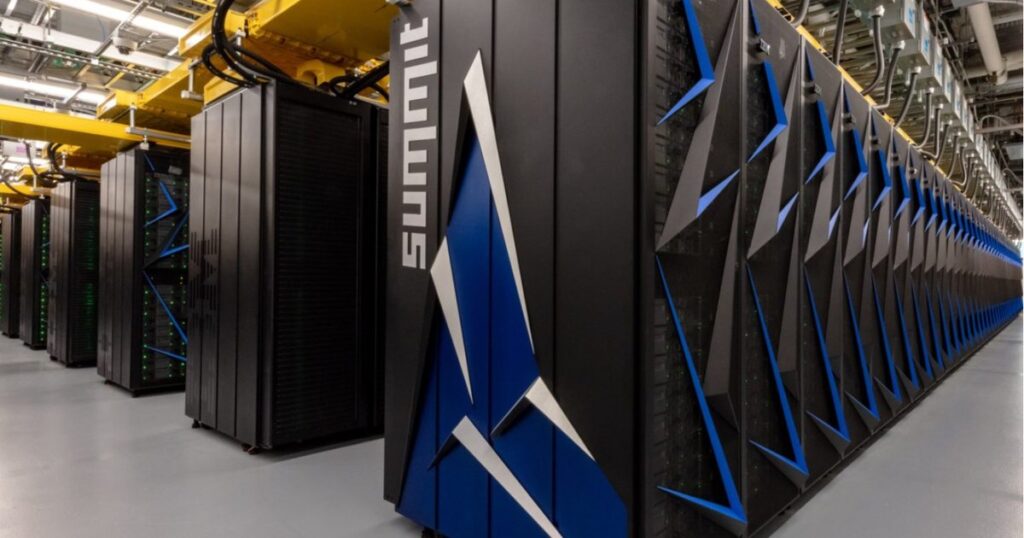Supercomputers have revolutionized our ability to solve complex problems in fields ranging from climate modeling to genetic research. However, as these machines become more powerful, questions have arisen about the ethical implications of using them to calculate increasingly complex problems. From concerns about the use of supercomputing for military purposes to questions about the impact of artificial intelligence on society, the ethical considerations surrounding supercomputing are becoming increasingly important.
The Benefits and Risks of Supercomputing
On the one hand, supercomputing has the potential to unclose answers to many of the world’s most crucial problems. For example, supercomputers are used to model the effects of climate change, which has helped scientists to better understand the potential impacts of rising temperatures and identify strategies for mitigating their effects. Similarly, supercomputers are used in medical research to simulate the behavior of biological systems, which can help researchers develop new treatments for diseases like cancer and Alzheimer’s. The ability to perform complex simulations and modeling have also led to advances in materials science and engineering, which have implications for industries ranging from aerospace to construction. However, the risks associated with supercomputing cannot be ignored. One concern is that these machines could be used for military purposes, including the development of advanced weapons systems. Another concern is the potential for artificial intelligence to be misused or abused, either intentionally or unintentionally.
One of the most crucial ethical problems related to supercomputing is the potential for artificial intelligence to be used for harmful purposes. As AI technology becomes more sophisticated, it could be employed to create independent weapons systems that could make judgments about targeting and killing without human intervention. There is also the risk that AI systems could be hacked or manipulated, either by malicious actors or by accidents. This could lead to unintended consequences, including damage to infrastructure or even loss of life. There are also considerations about the impact of AI on occupation. As machines become more intelligent, they could potentially replace human workers in a wide range of industries. This could usher in across-the-board unemployment and social upheaval, especially in developing countries where jobs are already short.
The Limits of Supercomputing
Given these concerns, it is worth considering whether there should be limits on what supercomputers are used to calculate. One possibility is to limit the use of supercomputing for military purposes or to require greater oversight and accountability for the development of autonomous weapons systems. Another possibility is to limit the use of AI in areas where the risks are highest, such as autonomous weapons or critical infrastructure. This could involve developing guidelines or regulations to ensure that AI systems are designed and used responsibly and that they are subject to oversight and accountability. However, it is also worth considering the potential benefits of supercomputing and AI. These technologies have the potential to solve some of the world’s most pressing problems, from climate change to disease. As such, it may not be desirable to limit their use entirely. Instead, it may be necessary to find a balance between the benefits and risks of supercomputing and AI. This could involve developing guidelines and regulations to ensure that these technologies are used responsibly and ethically while still allowing for their potential to be fully realized.
Ultimately, the decision of whether there should be limits on what can be calculated using supercomputers is a difficult one. It requires balancing the potential benefits of these technologies against the risks they pose and making difficult decisions about how best to regulate their use. What is clear is that the ethical considerations surrounding supercomputing must be taken seriously. By engaging in thoughtful and informed discussions about the potential risks and benefits of these technologies, we can work together to ensure that they are used in ways that are safe, responsible, and ethical. Only by doing so can we open the full potential of supercomputing while minimizing the potential risks it poses to society.




